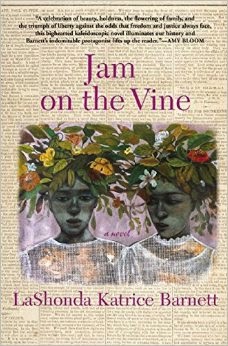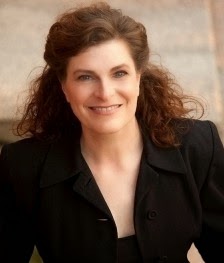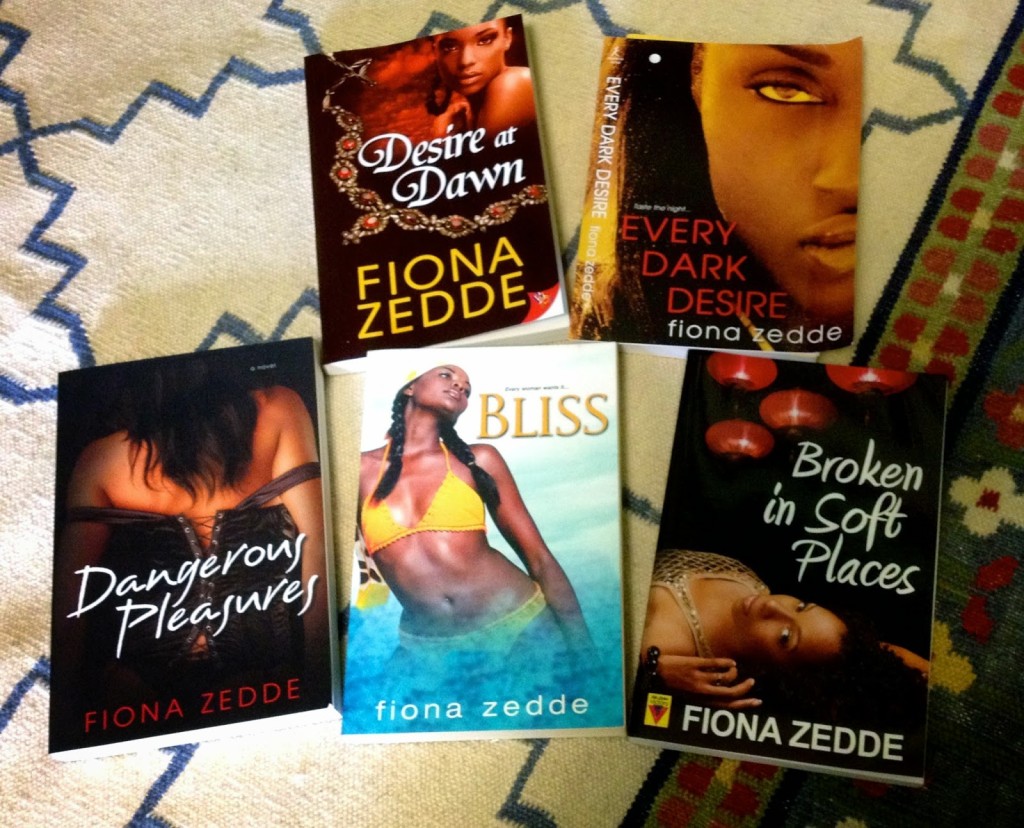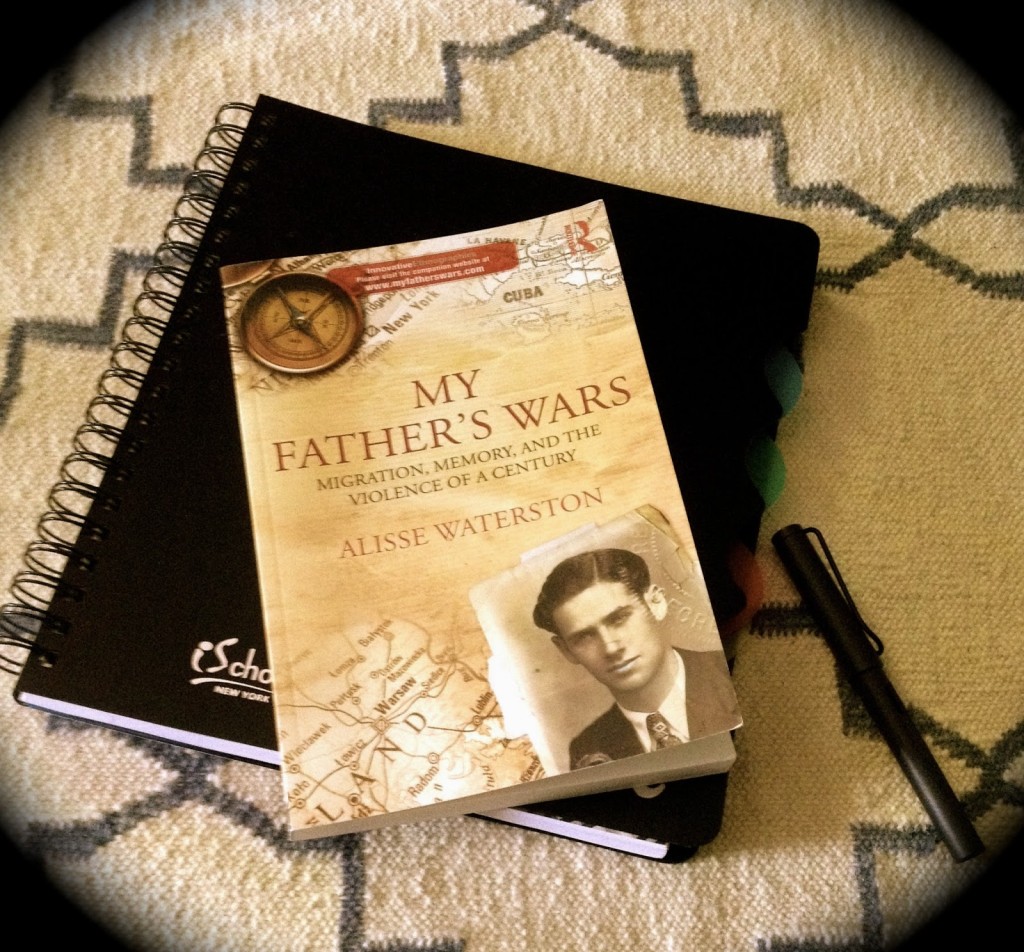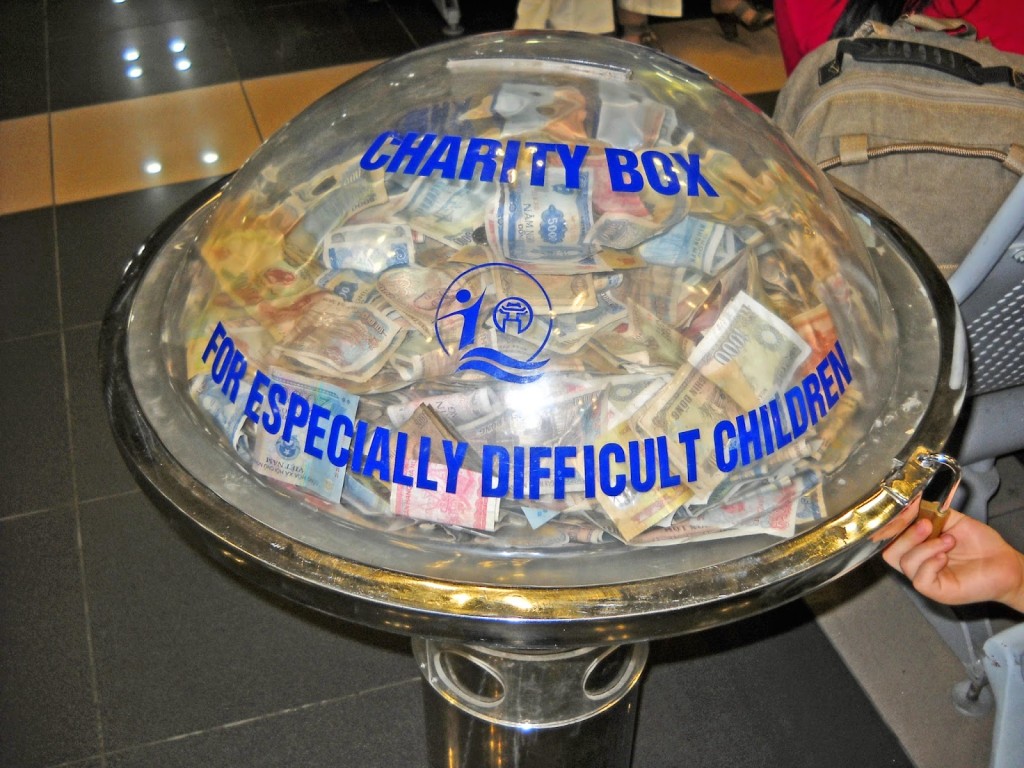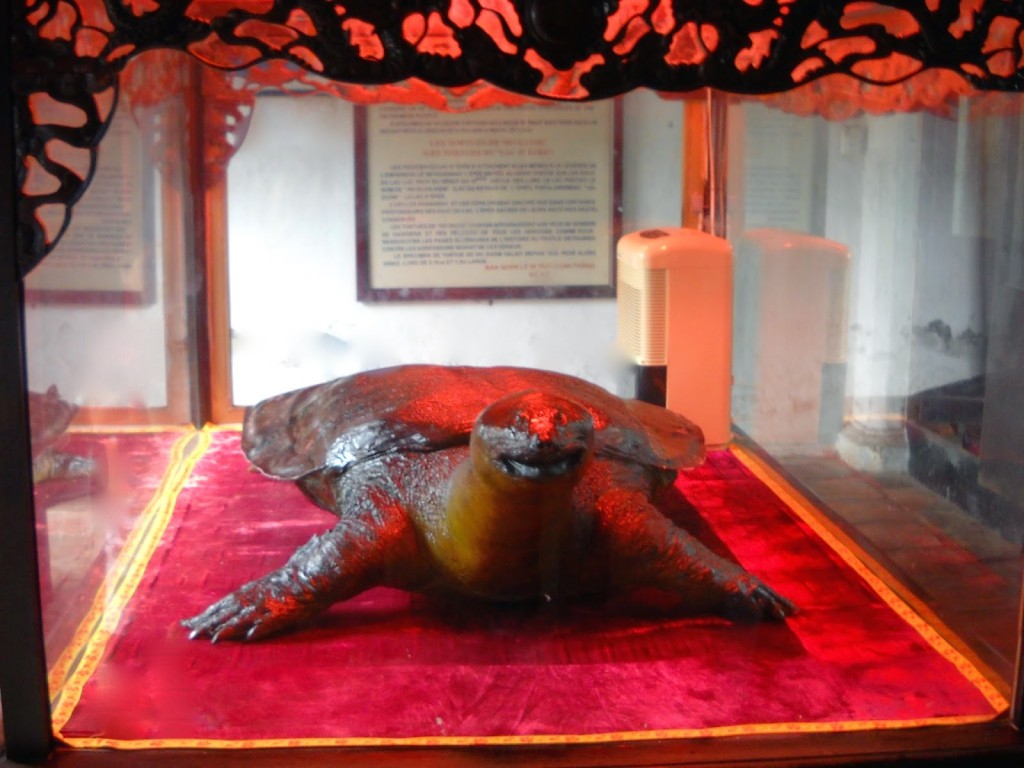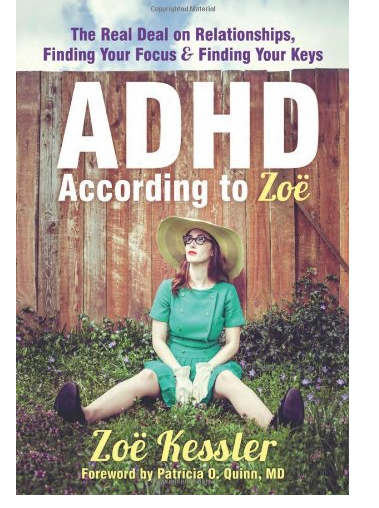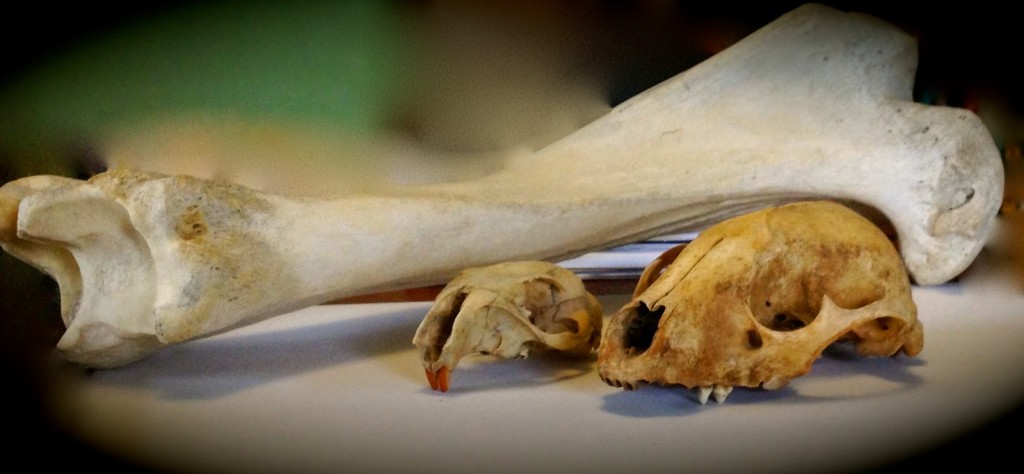LaShonda Barnett’s Jam on the Vine is the first post in the 2015 A Year of Women’s Voices series. I have loved reading historical fiction for a long as I can remember and Jam on the Vine is one of the first I have read in a long time that made me me want to read it again as soon as I had finished it. This novel features a strong story with great character development, a believable weaving of fact and fiction, and romance. I am forever grateful to Fiona Zedde for recommending this book.
Barnett’s novel follows Ivoe Willams as she grows from a girl voraciously reading purloined newspapers to a woman pushed to risk her life publishing her own newspaper to address horrific abuses and racial injustices of the early 20th century. Interwoven in Ivoe’s story is the story of her family and her lover. Ivoe’s comfort with her sexuality is refreshing, and while a part of her story it is not the whole story. After an unfortunate encounter with an ex-lover, with doors slammed in her face because of her race and gender, Ivoe decides to make a way when there is no way.
Barnett’s writing is crisp, lyrical, and evocative. If someone were to ask me for a work that would help them to understand inhumanity of the Jim Crow south, the beginning of mass incarceration, horrors of the summer of 1919 and race riots in northern cities I would hand them this book. Although this is a work of fiction, it is built on actual events, and the experiences and emotions are true.
As a writer this is what I have learned reading LaShonda Barnett’s Jam on the Vine:
1. Setting is the crucible for character development.
2. The unsaid is as powerful as the blatant and more menacing.
3. Write it real, real emotions are compelling. Don’t gloss over the difficult ones. Jealousy, love, hate, revulsion, lust, and anger are essential for good storytelling.
4. Nothing is a terrifying as human beings behaving inhumanly.
5. Character growth is progressive but change can happen in an instant.
Be warned, this is not a comfortable read, but an anxiety promoting tense tale of one woman’s surviving and thriving during a very harsh and horrific time period of American history. Read this book with your eyes wide open, don’t look away, feel the fear, rejoice in Ivoe’s triumphs, celebrate her victories and passion.
Check out LaShonda Barnett’s website for more information and details about her other works.

